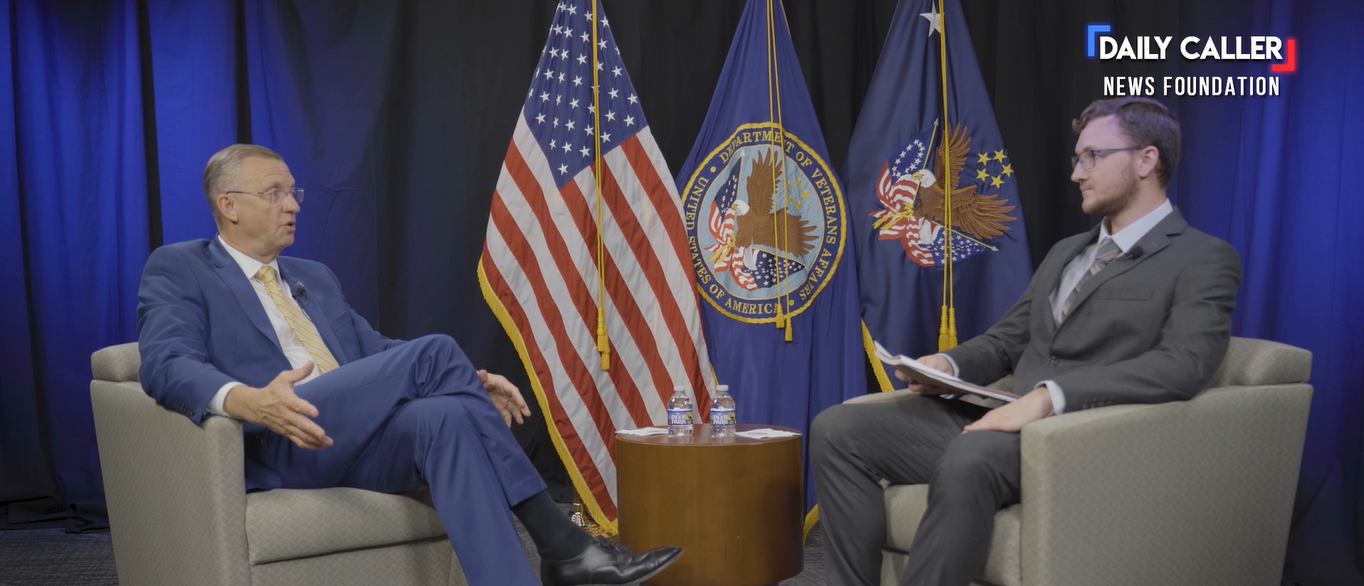\\U.S. Secretary of Agriculture Brooke Rollins has criticized the Biden administration for leaving a significant $49 billion deficit in the agricultural export market. This deficit has reportedly caused agricultural input costs to soar by 30%, according to Rollins’ statements on Fox Business. She emphasized the sharp contrast between the current trade figures and those during President Donald Trump’s tenure.
During her appearance on “Kudlow,” Rollins highlighted the considerable difference in trade deficits from Trump’s first term to now. She pointed out that under Trump, the deficit was at 0%, suggesting a more balanced trade approach. Rollins expressed concern over the time it will take to reverse these trends, urging patience and persistence.
Rollins addressed the unrealistic expectations placed on the Biden administration to quickly rectify economic challenges. She argued that transforming an entire economy cannot be achieved in just 30 days. Rollins also defended Trump’s economic policies, particularly in energy, urging a return to energy independence.
As of 2025, U.S. farmers are navigating high input costs and unpredictable commodity prices. Many farmers are cutting back on equipment purchases and fertilizer usage as they strive for cost efficiency. Fertilizer prices, having peaked previously, are anticipated to stabilize unless disrupted by global supply issues or geopolitical tensions.
The costs of agricultural chemicals are expected to remain steady, although energy expenses might fluctuate. Natural gas prices are predicted to rise, while diesel and gasoline may see slight decreases. These changes could affect overall farm operation costs.
In light of these economic challenges, Republican Virginia Rep. John McGuire has introduced a bill aimed at reducing transportation expenses for the agricultural sector. The “Agriculture and Forestry Hauling Efficiency Act” proposes to allow heavier loads on interstate highways. This would align interstate weight limits with those on state roads, enhancing efficiency and safety.
The proposed legislation aims to support the state’s agricultural and logging sectors by increasing the weight limit for trucks. By allowing 90,000-pound loads, it seeks to improve logistics and reduce costs. McGuire’s initiative reflects a broader effort to address economic strains in rural America.
The agricultural community is closely watching these developments as they navigate uncertain times. The combination of rising costs and changing policies presents a complex landscape. Farmers are adjusting their strategies to maintain profitability and sustainability.
Rollins’ comments and McGuire’s legislative efforts highlight the ongoing debate over economic policy directions. Many conservatives argue for returning to policies that prioritize energy independence and balanced trade. They believe these measures are crucial for revitalizing the agricultural sector.
The discussion around agricultural policy is part of a larger conversation on the U.S. economy’s future. Balancing trade, managing input costs, and ensuring fair competition are key concerns. The agricultural sector’s health is seen as vital to the overall economic landscape.
Critics of the current administration point to these economic challenges as evidence of misguided policies. They argue for a return to strategies that prioritize American production and energy resources. The debate continues as policymakers and stakeholders seek viable solutions.
Amidst these discussions, the agricultural community remains a focal point for economic policy. The sector’s challenges underscore the importance of effective governance and strategic planning. The coming years will be critical in shaping the future of American agriculture.
As the debate unfolds, stakeholders are urged to consider the broader implications of policy decisions. The agricultural sector’s vitality is intertwined with national economic health. Finding a sustainable path forward remains a priority for all involved.
In this evolving landscape, the voices of farmers and industry leaders are essential. Their insights and experiences provide valuable perspectives on the realities of the sector. Engaging with these stakeholders is crucial for informed policy-making.
The broader political and economic context will continue to influence agricultural policy. Policymakers must navigate a complex array of factors to support the sector effectively. The path forward requires collaboration, innovation, and a commitment to American agricultural success.




Watch how fast your infrastructure fails apart under all this weight.
Hussein did nothing for the country in it’s/ they/their 3 terms.